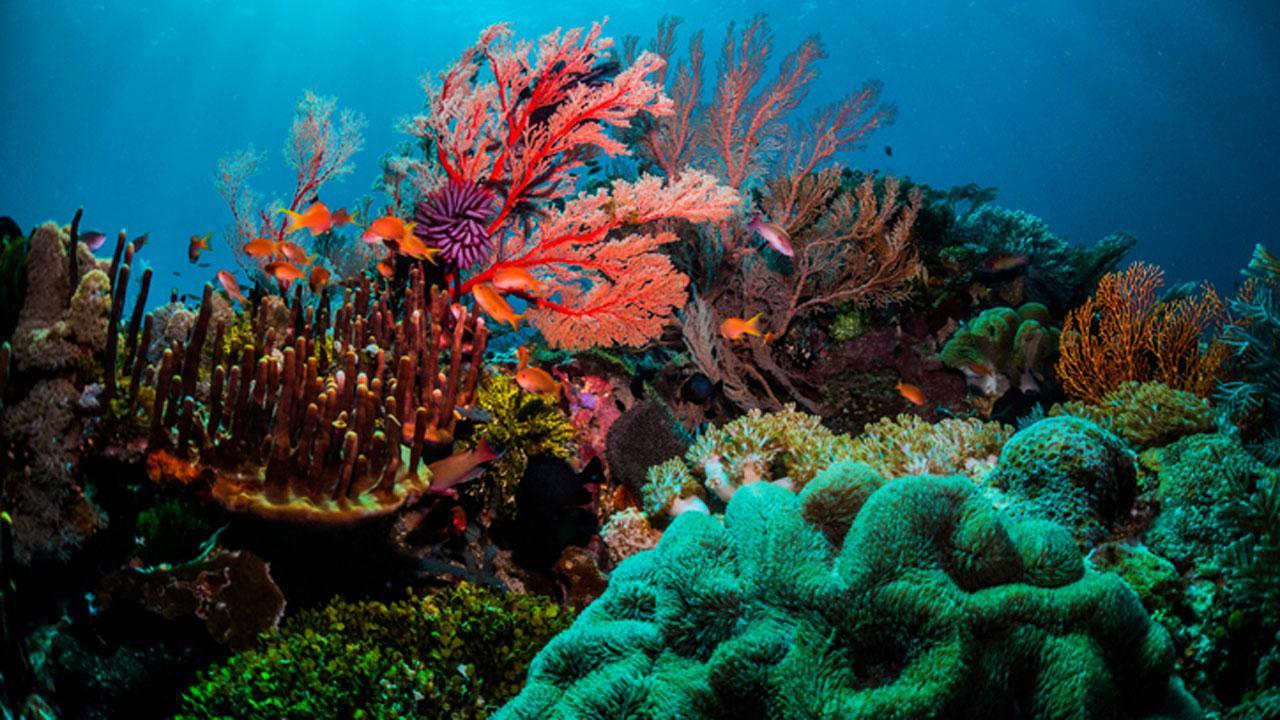According to a report by the Intergovernmental Science-Policy Platform on Biodiversity and Ecosystem Services, accelerating global biodiversity crisis, with a million species of plants and animals facing extinction, threatens these contributions to people

Representative Image
Humans have have always been dependent on resources from the nature and other inhabitants of our biodiversity. From food, energy, materials, medicine to recreation and inspiration, billions of people from developed and developing nations benefit daily from the wild species too in our environment.
However, the accelerating global biodiversity crisis, with a million species of plants and animals facing extinction, threatens these contributions to people. A new report by the Intergovernmental Science-Policy Platform on Biodiversity and Ecosystem Services (IPBES) on Friday offered insights, analysis and tools to establish more sustainable use of wild species of plants, animals, fungi and algae around the world.
Sustainable use is when biodiversity and ecosystem functioning are maintained while contributing to human wellbeing.
The IPBES Assessment Report on the Sustainable Use of Wild Species is the result of four years of work by 85 leading experts from the natural and social sciences, and holders of indigenous and local knowledge, as well as 200 contributing authors, drawing on more than 6,200 sources.
The summary of the report was approved this week by representatives of the 139 member states of IPBES in Bonn in Germany.
"With about 50,000 wild species used through different practices, including more than 10,000 wild species harvested directly for human food, rural people in developing countries are most at risk from unsustainable use, with lack of complementary alternatives often forcing them to further exploit wild species already at risk," said Jean-Marc Fromentin (France), who co-chaired the assessment with Marla R. Emery (USA/Norway) and John Donaldson (South Africa).
"Seventy per cent of the world's poor are directly dependent on wild species. One in five people rely on wild plants, algae and fungi for their food and income; 2.4 billion rely on fuel wood for cooking and about 90 per cent of the 120 million people working in capture fisheries are supported by small-scale fishing," said Emery.
"But the regular use of wild species is extremely important not only in the Global South. From the fish that we eat, to medicines, cosmetics, decoration and recreation, wild species' use is much more prevalent than most people realise."
The use of wild species is an important source of income for millions of people worldwide.
Also read: Build framework for ocean tourism to be sustainable, resilient for local communities: Report
Wild tree species account for two thirds of global industrial roundwood; trade in wild plants, algae and fungi is a billion-dollar industry; and even non-extractive uses of wild species are big business.
Tourism, based on observing wild species, is one of the main reasons that, prior to the Covid-19 pandemic, protected areas globally received eight billion visitors and generated $600 billion every year.
The report identifies five broad categories of 'practices' in the use of wild species: fishing; gathering; logging; terrestrial animal harvesting (including hunting); and non-extractive practices, such as observing.
For each practice, it then examines specific causes' such as for food and feed; materials; medicine, energy; recreation; ceremony; learning and decoration --providing a detailed analysis of the trends in each, over the past 20 years.
In most cases, use of wild species has increased, but sustainability of use has varied, such as in gathering for medicine and logging for materials and energy.
Speaking specifically about fishing as an example, Fromentin said: "Recent global estimates confirm that about 34 per cent of marine wild fish stocks are overfished and 66 per cent are fished within biologically sustainable levels -- but within this global picture there are significant local and contextual variations.
"Countries with robust fisheries management have seen stocks increasing in abundance. The Atlantic bluefin tuna population, for instance, has been rebuilt and is now fished within sustainable levels.
"For countries and regions with low intensity fisheries management measures, however, the status of stocks is often poorly known, but generally believed to be below the abundance that would maximise sustainable food production.
"Many small-scale fisheries are unsustainable or only partially sustainable, especially in Africa for both inland and marine fisheries, and in Asia, Latin America and Europe for coastal fisheries."
Illegal use and illegal trade in wild species are also addressed in the report -- as this occurs across all of the practices and often leads to unsustainable use.
The authors find that illegal trade in wild species represents the third largest class of all illegal trade -- with estimated annual values of up to $199 billion.
Timber and fish make up the largest volumes and value of illegal trade in wild species.
This story has been sourced from a third party syndicated feed, agencies. Mid-day accepts no responsibility or liability for its dependability, trustworthiness, reliability and data of the text. Mid-day management/mid-day.com reserves the sole right to alter, delete or remove (without notice) the content in its absolute discretion for any reason whatsoever
 Subscribe today by clicking the link and stay updated with the latest news!" Click here!
Subscribe today by clicking the link and stay updated with the latest news!" Click here!








